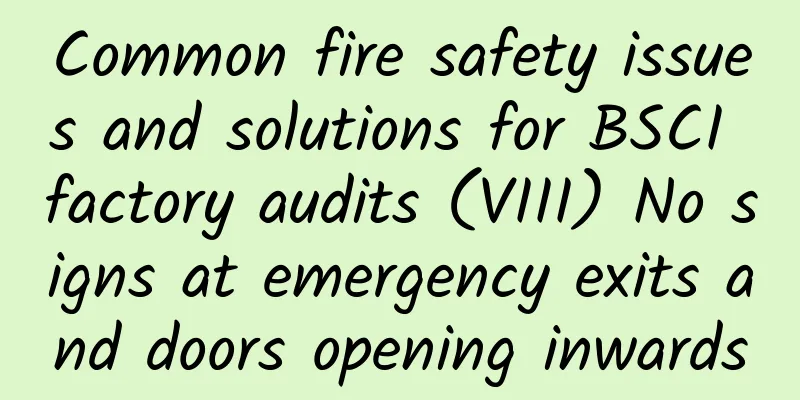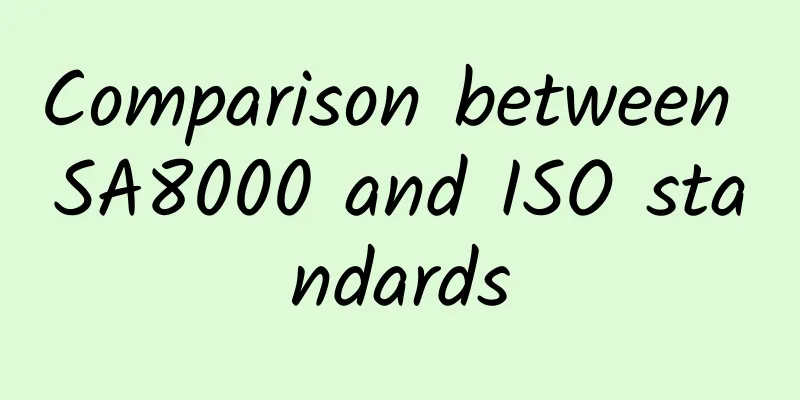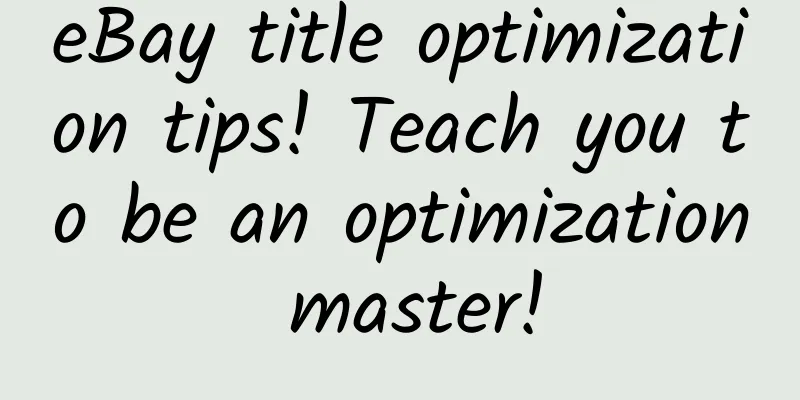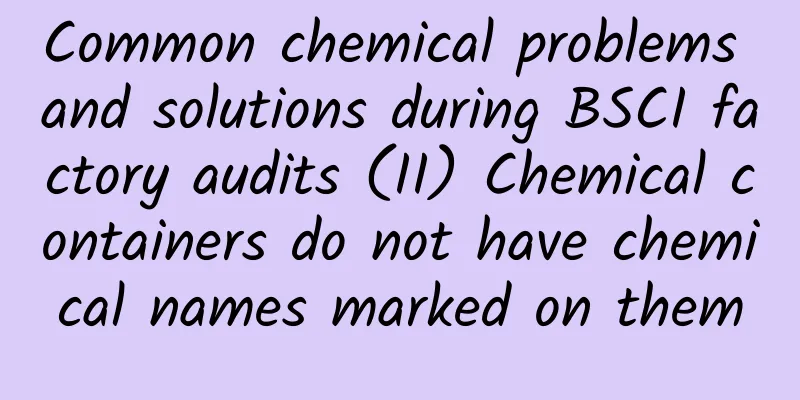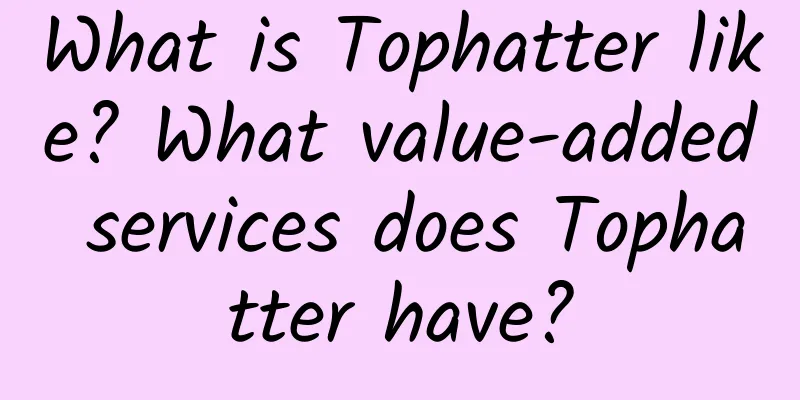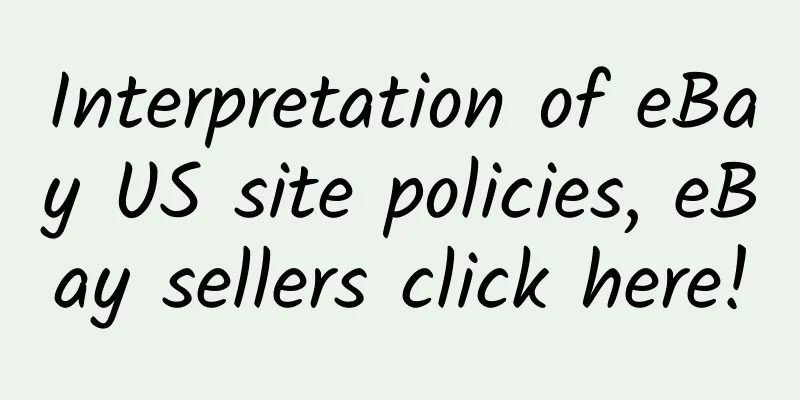EICC Health, Safety and Ethics Code
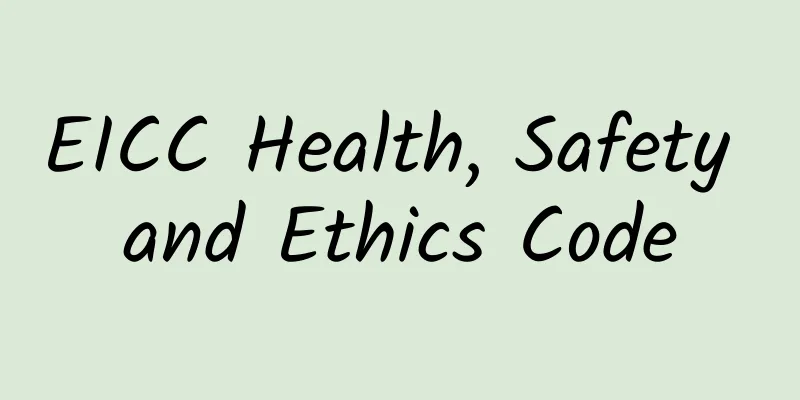
|
The EICC Health and Safety Standards are: 1) Occupational safety Potential hazards that employees may encounter in the workplace (such as electrical and other energy sources, fire, vehicles, slip, trip and fall hazards) should be controlled through proper design, engineering and management controls, preventive maintenance, safe operating procedures (including lockouts/tagouts), and ongoing safety knowledge training. If the hazard source cannot be effectively controlled through the above methods, employees should be provided with appropriate and well-maintained personal protective equipment. Disciplinary measures should not be used to improve employee safety awareness. 2) Emergency Preparedness Emergency situations and incidents should be identified and assessed, and their impact minimized through the implementation of emergency plans and response procedures, including: emergency reporting, employee notification and evacuation procedures, worker training and drills, appropriate fire detection and extinguishing equipment, adequate exit facilities and recovery plans. 3) Occupational injuries and diseases Procedures and systems should be established to prevent, manage, track and report occupational injuries and illnesses, including provisions to: encourage employee reporting; classify and record injury and illness cases; provide necessary treatment; investigate cases and implement corrective actions to eliminate similar situations; and assist employees in returning to work. 4) Industrial Hygiene The effects of chemical, biological, and physical agents on employees should be identified, assessed, and controlled. Excessive exposure to hazardous sources must be controlled through engineering and management means. When the hazard cannot be effectively controlled by these means, an appropriate personal protective equipment program should be established and operated to protect the health of employees. 5) Jobs that require high physical effort The effects of physically demanding work on workers, including manual material handling and repetitive heavy lifting, prolonged standing, and highly repetitive or forceful assembly work, should be identified, evaluated, and controlled. 6) Machine protection Production equipment and other machinery should be assessed for hazards. Machinery that could cause harm to workers should be provided with physical guards, interlocks, and barriers and properly maintained. 7) Public hygiene, restaurants and dormitories Workers should be provided with clean toilet facilities, drinking water, clean food preparation and storage facilities, and dining utensils. Worker dormitories provided by the participant or labor agency should be kept clean and safe, and provide appropriate emergency exits, hot water for bathing, adequate heating and ventilation, and reasonable private space with easy access. EICC Code of Ethics: To fulfill their social responsibilities and succeed in the market, participants and their agents must adhere to the highest standards of ethics, including: 1) Clean management The highest standards of integrity should be observed in all business interactions. Participants should prohibit any and all forms of corruption, extortion and embezzlement, and should implement monitoring and enforcement procedures to ensure compliance with integrity requirements. 2) No improper gains Bribes or other forms of improper gains must not be offered or accepted. 3) Information Disclosure Disclose information about business activities, organizational structure, financial situation and performance in accordance with applicable regulations and prevailing industry practices. 4) Intellectual Property Intellectual property rights should be respected; the transfer of technology and production experience must properly protect intellectual property rights. 5) Fair Trade, Advertising and Competition Standards for fair dealing, advertising and competition should be established. Participants must have measures in place to protect customer information. 6) Identity confidentiality Procedures should be in place to protect supplier and employee whistleblowers and ensure the confidentiality of their identities. |
<<: WAL-MART factory inspection rectification report issues
>>: SEDEX Membership Guidelines Terms
Recommend
What is the Organic Content Standard (OCS) certification?
OCS certification is one of the current organic c...
Jump Send--"Automated Email"
What is Jump Send? Jump Send is a product develop...
What is Baoshijia? What service cooperation does Baoshijia provide?
Shenzhen Baoshijia Technology Co., Ltd. was estab...
What certification is needed to use the GOTS organic label on a product?
If you want to use the GOTS organic label, only a...
What are the commonly used operation pages in the Ebay backend?
eBay (EBAY, Chinese for Electronic Bay, eBay, Yib...
What are some selling tips on eBay?
eBay sellers are worried when they see the number...
How to maintain a Facebook account! Facebook tips
Facebook is the most widely used social tool in t...
Tips for auditors to ask questions during factory inspections
Many people will encounter many problems during f...
What is Meltwater? What can Meltwater do?
Meltwater can provide comprehensive media monitor...
What is FDA certification? What is CE certification?
As the overseas epidemic intensifies, masks, gogg...
How to find LED buyers information? What categories are they divided into?
There are many sellers who engage in foreign trad...
Common equipment safety issues and solutions during BSCI factory inspection (I) Stamping machine pulley without protective cover
Problem phenomenon: The pulley of the stamping ma...
What is OpenCart? What are the features of OpenCart?
OpenCart is an easy-to-use, powerful open source ...
What is Turbo Ad Finder? How does Turbo Ad Finder work?
Turbo Ad Finder is a Google plugin that will make...
What is Limango? What are the characteristics of Limango?
What is Limango? Limango was founded in 2007 and ...
